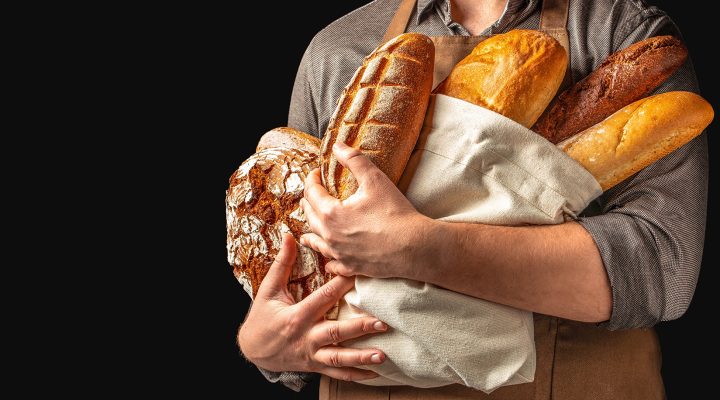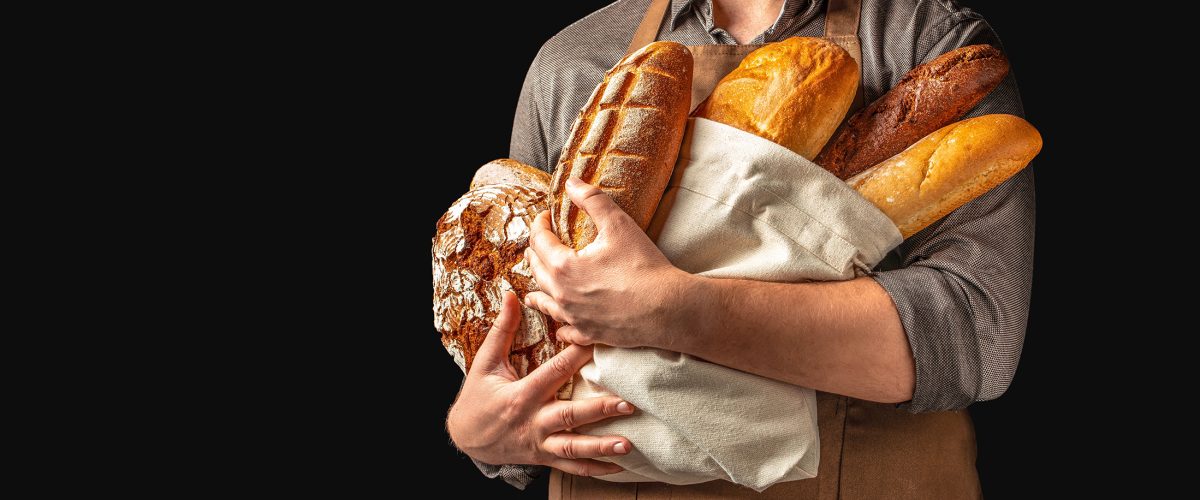There are times when serving the poor and hungry must go beyond volunteering in food pantries or soup kitchens, and the 2024 election season is one of those times, said Heather Taylor, managing director of Bread for the World.

Heather Taylor
“We have to remember Matthew 25 and Jesus feeding thousands with a few loaves of bread,” she said. “Jesus always considered people who are hungry, so as people and churches we have to look at the need, determine what resources we have — our loaves and fishes — and look for the best way to allocate them to ensure the needs of people are met.”
Bread for the World is a Christian advocacy organization that mobilizes churches and community groups to urge legislators to pass legislation to end hunger in the U.S. and around the world.
“We need churches to get involved in advocacy work to ensure the people we put in office, including members of Congress, are committed to the cause of ending hunger,” Taylor said. “We respect and affirm the local ministry of churches and charitable organizations, but if we are going to address hunger on a huge scale, advocacy has to play a huge role.”
“If we are going to address hunger on a huge scale, advocacy has to play a huge role.”
And the Nov. 5 election represents a huge opportunity for congregations to participate in far-reaching advocacy given that 33 U.S. Senate seats, 435 House seats and the presidency are up for grabs, she said.
According to a September U.S. Department of Agriculture report, 13.5% of U.S. households experienced food insecurity at some point during 2023, up from 12.8% in 2022. Another 5.1% suffered “very low” food insecurity the previous two years.
“That’s a lot of hungry people and a lot of hungry children,” Taylor said. “Yes, we have come out of the pandemic, but food insecurity is still on the rise.”
Of major concern to food and poverty advocacy groups like Bread for the World is the precarious status of the federal Child Tax Credit. The credit has been one of the most effective weapons against poverty and food insecurity. With the extra funds families received during the brief 2021 expansion, housing and food were the top items that money was spent on, Taylor explained.
Attention also is on the status of the Special Supplemental Nutrition Program for Women, Infants and Children program. Also known as WIC, the program safeguards the health of low-income pregnant and breastfeeding women, as well as infants and children through age 5 who are considered at risk of malnourishment.
The WIC program is not funded by the Farm Bill and was approved for 2024 “but it was questioned this year, so we want to make sure it remains fully funded and that expansions put in place during COVID remain in effect,” Taylor said.
Congress’ failure to renew the Farm Bill by the Sept. 30 deadline could pose a major threat to Americans whose food insecurity is already exacerbated by inflation, she added.
“The Farm Bill governs the SNAP program,” Taylor said of the Supplemental Nutrition Assistance Program, which provides food-purchasing capacity to low-income people. “It is our belief and hope the bill will be reauthorized in lame duck session. If it is not, then it speaks to why this election so critical.”
Bread for the World launched a website devoted to guiding individuals and congregations into election-related advocacy. Christians are advised to state their positions on hunger on social media and to attend town hall gatherings to ask candidates about their approaches to alleviating poverty.
“We cannot end hunger in the U.S. and globally unless we have leaders in Washington, D.C., who will make it a priority,” she urged.
The guide also urges Christians to pray for the election and presents participation in the democratic system as a form of gospel witness.
“We choose to be guided by love as we show up in our congregations, on social media and in supporting vulnerable people in our communities. It is also about how we show up in public spaces, whether that is in the way we engage presidential or congressional candidates, the way we vote, the way we participate in political discourse, or our advocacy actions. We know that our political decisions impact our neighbors.”
Whether the action is local or global, the driving force for Christians should be the Parable of the Sheep and the Goats in Matthew 25, Taylor said: “What you do for the least of these, you do for me.”
Related articles:
Fighting hunger is a core gospel idea, Everett says
Why we should care about the food we waste | Analysis by Mallory Challis


